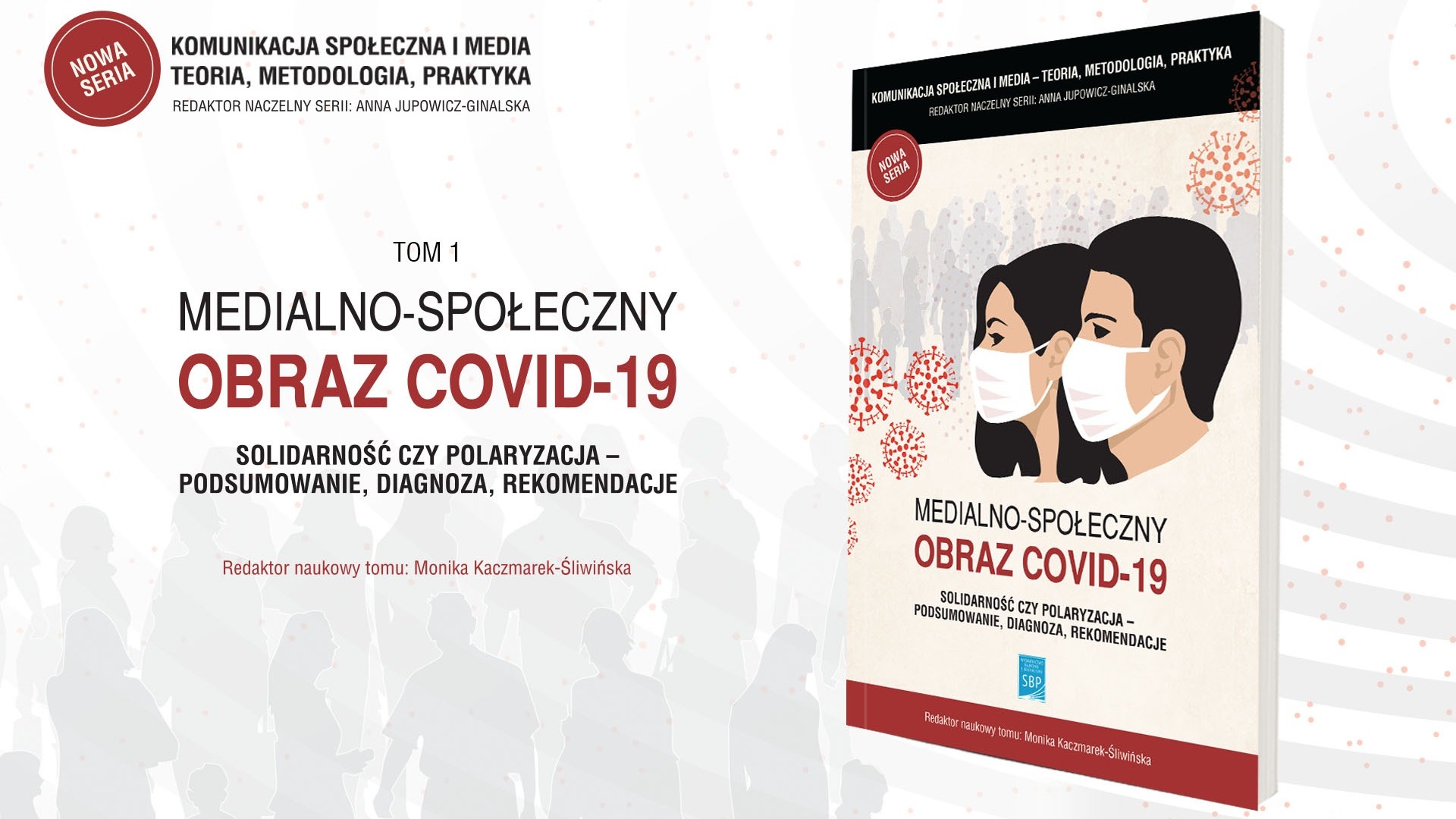Readiness to help and providing help during the COVID-19 pandemic: the role of political orientations
The purpose of this paper is to investigate changes in the readiness to help and in actually providing help to others during the 10 months of the COVID-19 pandemic in Poland in 2020. It also addressed the relation between political orientations and helping behaviours. This longitudinal study involved four waves of data collection with a representative national sample, using the CAWI method, conducted in March (n = 1098), April (n = 868), May (n = 868), and December (n = 807). The data showed that the readiness to help in March was relatively high whereas the frequencies of actually providing help in May and December were rather low. Readiness to help and frequency of providing help declined over time. Readiness to help was the highest in March. Actual provisions of help in May were more frequent than in December. There were minor differences in helping among supporters of different parties: the highest levels of help provided were reported by supporters of Zjednoczona Prawica (the United Right) whereas the lowest levels were exhibited by respondents who did not participate in the presidential election. The main predictors of providing help in May and December (particularly in the form of financial support) were: higher level of concern about the coronavirus, social conservatism, younger age, and higher socioeconomic status. This paper examines the dynamics of helping behaviours during the pandemic and the role of political alliances and orientations in predicting helping behaviours. The study offers insights into social and political psychology.
Keywords: COVID-19 pandemic, actually providing help, readiness to provide help, political orientations, social conservatism, voting preferences, social communication
